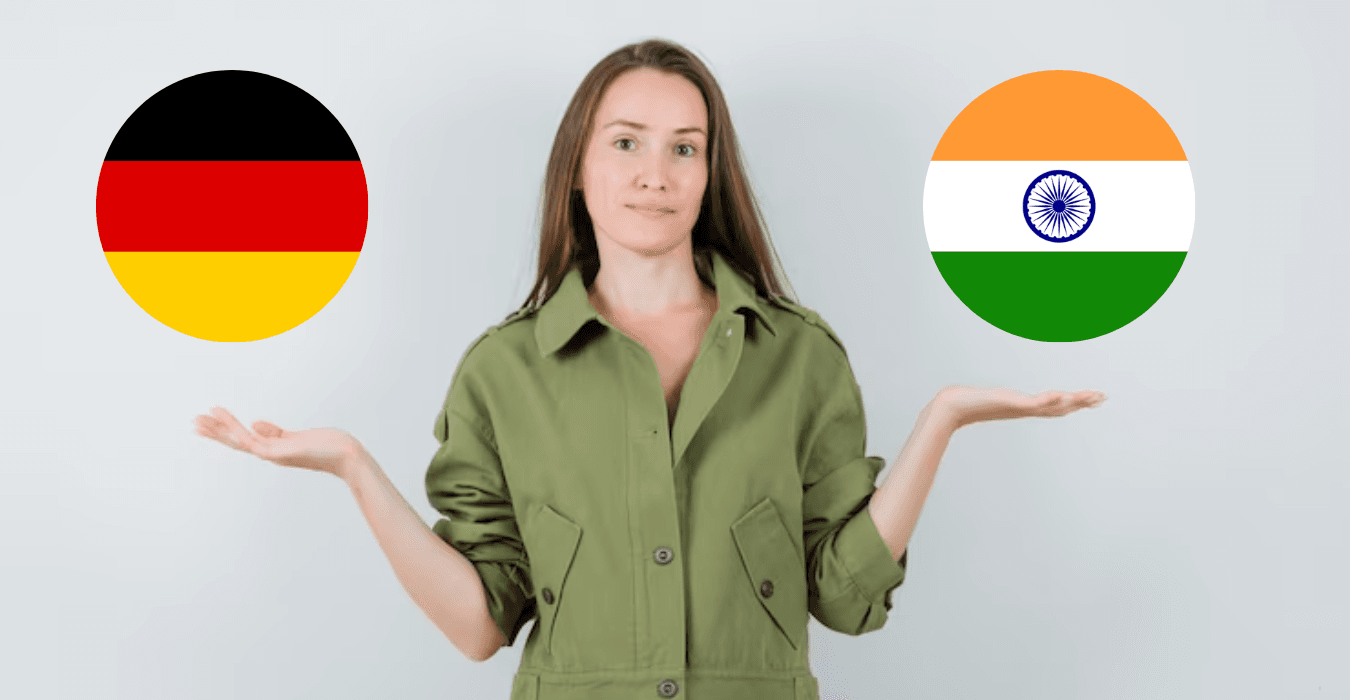10 Difference of Studying Medical PG in Germany & India

Medical PG in India
Medical graduates who have completed their MBBS (Bachelor of Medicine and Bachelor of Surgery) are often interested in pursuing postgraduate medical courses to further their education and career prospects. These courses are recognized by the Medical Council of India (MCI) and cater to various medical specializations, allowing candidates to choose a course that best suits their abilities and interests.
At New-Lyf, we provide detailed information on each branch of PG medical admission in India to help candidates make informed decisions. Admission to most colleges in India is based on the National Eligibility cum Entrance Test for Postgraduate Medical Courses (NEET PG), with the exception of certain institutions such as AIIMS, PGIMER Chandigarh, JIPMER Puducherry, NIMHANS Bengaluru, Sree Chitra Tirunal Institute for Medical Sciences and Technology Trivandrum. We can guide you in selecting the appropriate PG medical course for your needs and aspirations.
Medical PG in Germany
Germany presents an excellent opportunity for medical graduates to pursue a PG course, making it one of the best places to study PG after MBBS. One of the key advantages of studying PG in Germany is that no tuition fees are charged for postgraduate studies. Furthermore, medical PG education in German universities is highly prestigious and renowned worldwide.
The duration of pursuing medical PG in Germany typically ranges from three to four years, depending on the chosen specialization. Germany's PG universities are equipped with advanced medical facilities that enable students to enhance their professional skills. The curriculum provides both theoretical and practical education, empowering candidates to become successful practitioners.
The admission procedure in German medical universities is relatively simple and straightforward. While some courses are conducted in German, many universities also offer courses in English. Therefore, it is crucial for students to have proficiency in either language to pursue a PG course in Germany.
Eligibility Criteria for Medical PG in Germany for Indian Students
The eligibility criteria for Medical PG courses in Germany for Indian students are similar to the general eligibility criteria for international students. Here are some of the specific requirements:
MBBS Degree: Indian students must have completed their MBBS degree from a recognized medical institution in India.
Medical License: Indian students must hold a valid registration with the Medical Council of India (MCI) or the Indian Medical Register.
Language Proficiency: Indian students must demonstrate proficiency in the German language since most medical PG courses are conducted in German. Some universities may offer courses in English, in which case proficiency in English is also necessary.
Work Experience: Some universities may require Indian students to have prior work experience in the medical field, typically between one to three years.
Entrance Examination: Indian students may be required to appear for an entrance examination, which may include a written test, an interview, or both.
Visa: Indian students must obtain a student visa to study in Germany, which requires meeting certain requirements, such as having adequate financial resources and health insurance.
Indian students should check with the specific university for the eligibility criteria for their chosen course, as requirements may vary depending on the university and the program.
Top University for Medical PG in Germany after MBBS in India
- RWTH Aachen University
- FU Berlin
- University of Hamburg
- University of Bonn
- Würzburg University
- Witten/Hercke University
- Magdeburg University
- Leipzig University
- Münster University
- Heidelberg University
- Tüebingen University
- Lübeck University
- Freiburg University
10 Difference of Studying Medical PG in Germany & India

Studying medical PG (Post-Graduation) in Germany and India can differ in several ways. Here are ten differences between the two countries:
- Education System: Germany has a three-tiered education system, including undergraduate (Bachelor's), graduate (Master's), and postgraduate (Ph.D. and Post-doctorate). In contrast, India has a two-tiered system, with undergraduate (MBBS) and postgraduate (MD/MS) degrees.
- Course Duration: In Germany, the medical PG program usually takes 3-6 years, depending on the specialization. In contrast, in India, it typically takes 3 years to complete an MD/MS program.
- Cost: Pursuing a medical PG program in Germany can be more expensive than in India. While education is free in Germany, international students may have to pay tuition fees. In contrast, medical education in India is comparatively cheaper.
- Language: The language of instruction in medical PG courses in Germany is predominantly German, whereas in India, it is primarily English.
- Entrance Exam: In India, students need to clear the NEET-PG (National Eligibility cum Entrance Test for Postgraduates) to gain admission to medical PG courses. In contrast, there is no such entrance exam in Germany. Instead, students must meet the academic and language requirements to be admitted to a medical PG program.
- Specialization: Germany offers more specialized medical PG courses than India. In Germany, students can choose from a wide range of medical specialties, including dentistry, veterinary medicine, and pharmacology, whereas in India, the scope is comparatively limited.
- Curriculum: The medical PG curriculum in Germany is more research-oriented than in India. Students are expected to conduct independent research and present papers at conferences. In contrast, the focus in India is more on clinical experience and hands-on training.
- Clinical Exposure: In Germany, medical PG students have access to advanced medical facilities and the latest technology, providing them with better clinical exposure. In contrast, the medical infrastructure in India is still developing, and medical facilities in rural areas may not be up to the mark.
- Job Opportunities: Medical PG graduates from Germany have a better chance of finding jobs in European countries due to the recognition of their qualifications. In contrast, Indian medical PG graduates may face hurdles in finding jobs outside India.
- Work-Life Balance: German medical PG students have a better work-life balance than their Indian counterparts. The German healthcare system provides better support for doctors, such as shorter working hours, paid vacation time, and better job security. In contrast, Indian doctors may have long working hours and less job security.